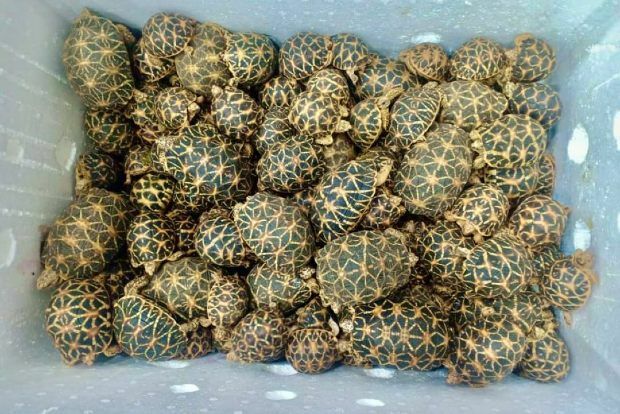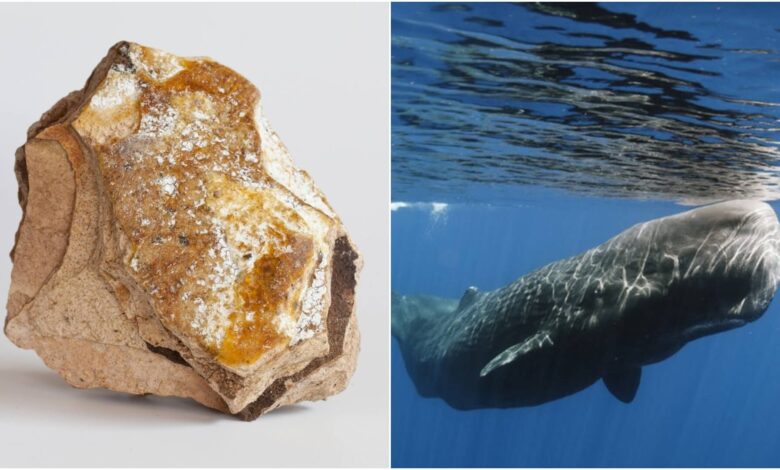Smuggled wildlife goods pouring out of India

The porous borders between Bangladesh, China, India, Myanmar, Nepal, and Thailand, plus a growing private aviation market make fighting wildlife smuggling close to impossible, according to ThePrint. The emergence of cryptocurrencies has also led to an increase in all kinds of illegal trade.
Some of the most smuggled wildlife goods out of India passing through Thailand are red sanders, ambergris, seahorses and elephant tusks.

In India, red sanders grow in the southern tropical dry deciduous forest. The number of seizures across the country and abroad shows that red sanders continue to be smuggled out of India in large quantities, primarily by sea. Containers of red sanders are shipped to transit countries like Dubai, Malaysia and South Korea and from there to China.

Ambergris is found on the coasts of Australia, Brazil, China, India, Japan, Madagascar, Maldives, New Zealand, and South Africa. Ambrein extracted from Ambergris is used to increase the fragrance of perfumes. In Thailand, both the sale and possession of ambergris are illegal, but 2021-22 witnessed a spate of seizures.
:max_bytes(150000):strip_icc()/GettyImages-1159240457-79e9779a466c4b6e82d188384c34142b.jpg)
Seahorses play an indispensable ecological role in the marine food chain and therefore decrease in their population destabilises the ecological balance of the marine ecosystem. Sea horses are covered under Appendix II of CITES and prohibited from export.

Targeted risk intervention strategies combined with traditional methods like the use of sniffer dogs at ports and airports to detect the smuggling of wildlife articles are helpful.
Routes used to smuggle wildlife are often the same routes used to traffic weapons, drugs and people.
Latest Thailand News
Follow The Thaiger on Google News:


























